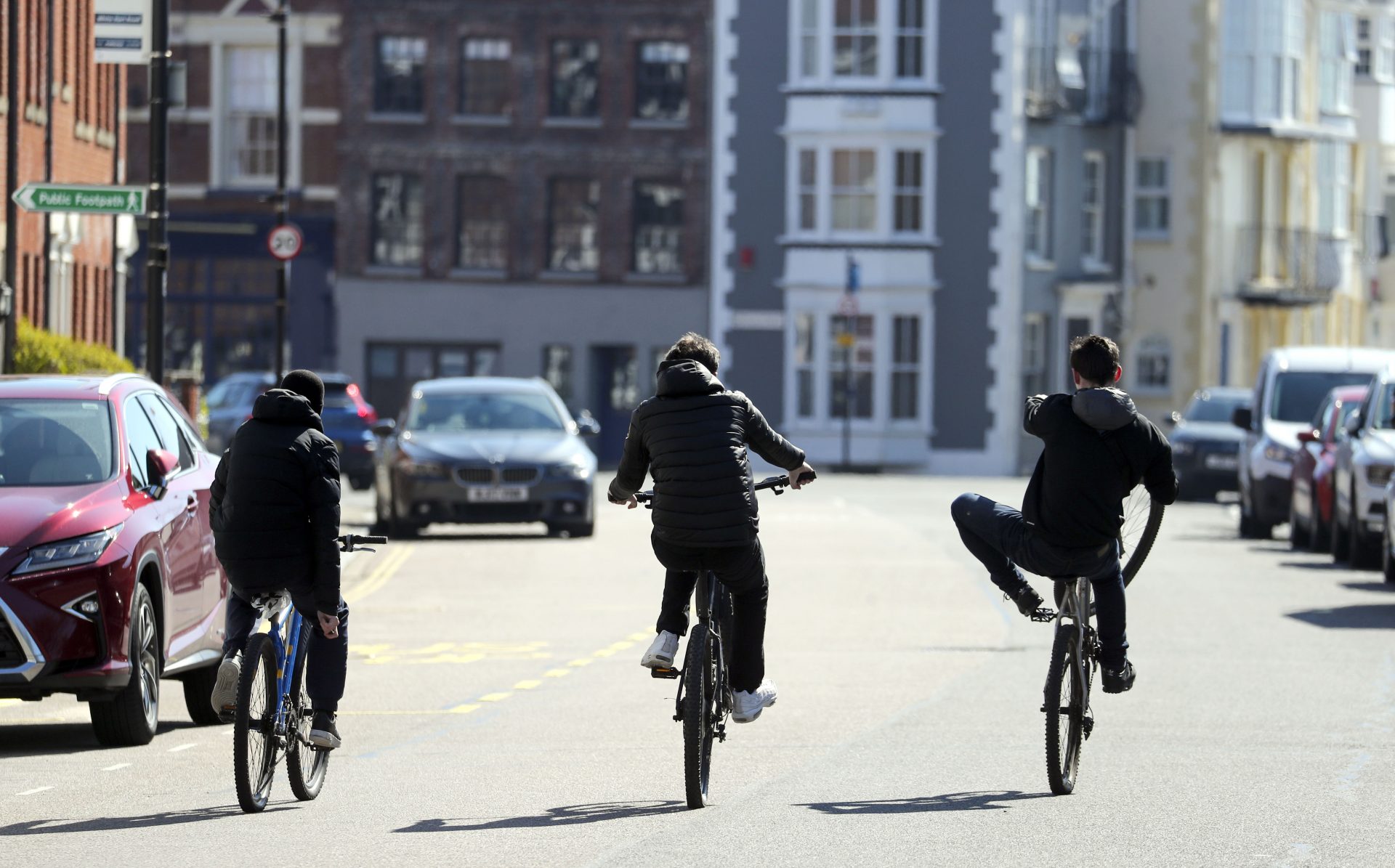A lot has been made of how badly we millennials have it. We became adults as the financial crash took a large knife to the global economy, we’re expected to be less wealthy than our parents’ generation, and those of us who dared to try and build lives in big cities aren’t able to buy houses or comfortably have children.
We have never known sustained economic growth in our working lives, are due to retire later than many before us, and we won’t even get to be the ones colonising the moon. Honestly, we got a raw deal – or did we?
I’m 32 years old and have done a lot of writing and talking, both professionally and personally, on just how stuffed our people are. I have now looked up from my laptop to the generation of people younger than us, and the one of people older than us, and am beginning to wonder if we may be alright after all.
The World Happiness Report was published this week and found that young British people – defined as “under 30”, boo, hiss – were less happy than those in Moldova, Kosovo and El Salvador, among others. British over-60s, on the other hand, were some of the happiest in the world.
Over in the US, young people were found to be less happy than their older counterparts; in Western Europe, the gap between the two is currently narrowing. Back in 2010, young people were notably happier than middle-aged ones, but that is no longer the case.
If you think all of this really is quite depressing, then perhaps consider closing the tab and going off to do something else – maybe drink a large glass of whisky, or go have a lengthy nap.
If not, here’s the other side of the coin: another study was published recently, this time by Arizona State University, and it found that English people between the ages of 45 and 65 are the loneliest in Europe, and lonelier than previous generations were at their age. Who’s laughing now, eh, non-millennials? Well, I’m not laughing either, I still can’t afford to have kids, but you know.
More seriously, the interesting point to be made here is that those miserable middle-aged people are, for the most part, the ones who raised those miserable under 30s. A lot of ink has been spilled on the anxiety and depression of Gen Z, but few have looked to their parents to try and find out what may be going wrong.
As the person stuck between those two generations, I can only hazard guesses as to what happened there, and look to my own, reasonably fun upbringing for answers. I had, I would say, a broadly good time growing up, and so did my peers. What made our teenage years and early twenties so good? Easy – freedom.
We could leave the house to see our friends without smartphones, because they hadn’t been invented yet, and many of us didn’t even have brick phones for a lot of it. When we were out, there was no way to reach us. We could drink and smoke and snog whoever and no-one would ever find out.
“No-one”, in this context, both means parents and the internet. Our boring old mums and dads didn’t know where we were or what we were up to, and there was no Snapchat or Instagram on which to put instant, potentially mortifying pictures and videos. We were able to mess up and start again, which is a crucial part of growing up.
Of course, you could argue that the ever worsening economic situation isn’t helping, but I’m just not convinced it explains everything. I once managed a whole festival on nothing but stale, plain bagels and vodka mixed with water. Teenagers have a nearly supernatural ability to make do, if they want to. Why don’t they want to anymore?
Because, again, I am the generational equivalent of Goldilocks’ porridge in this situation, I have no great solutions to offer. All I can say is that those surveys really ought to be taken in as a whole; we won’t be able to fix our kids if we don’t fix their parents first.











